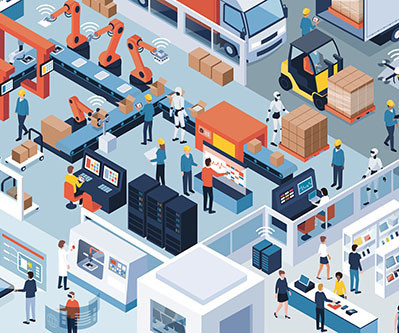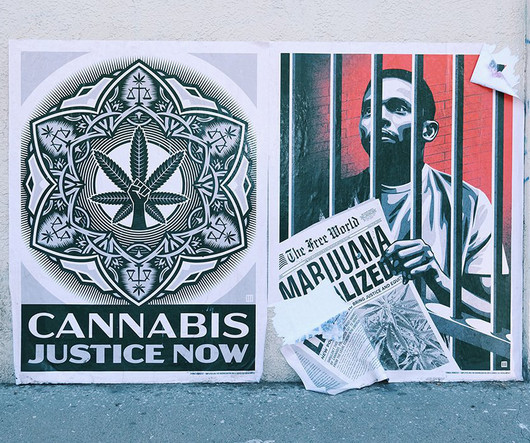When It Comes to Promoting Prosperity, Production Beats Consumption
Stanford Social Innovation Review
OCTOBER 10, 2023
Between 2016 and 2019 , nearly half of global giving by US foundations went to health, while environment and human rights accounted for roughly 11 percent each, followed by agriculture and education. There are many reasons why foundations structure their giving in this way. This is not insignificant.













Let's personalize your content